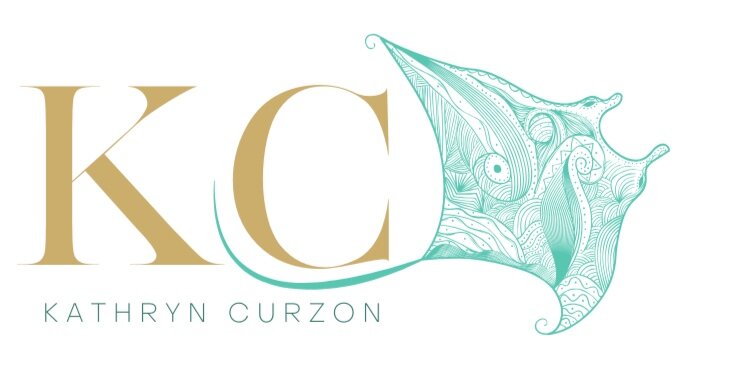Maldives in discussions to legalise shark fishing.
/According to local news reports, the Maldives Minister for Fisheries, Zaha Waheed, has said that discussions are underway to legalize shark fishing in the Maldives. With more than 300 species of sharks and rays now threatened with extinction, this latest move to consider legalising shark fishing has surprised marine conservation organisations around the globe.
Read More







 A study in the Marine Policy journal (May 2018) has demonstrated how important human attitudes towards sharks are for effective shark conservation. The study assessed attitudes towards sharks in the Galapagos Marine Reserve and showed that an understanding of the environmental role of sharks and how dangerous (or not) they appeared to be, had the greatest influence on peoples’ attitudes towards conserving them. Having knowledge of, or experience with, sharks also influenced attitudes. It was clear that shark conservation initiatives need to focus on creating positive attitudes towards sharks in order to gain peoples’ support to conserve them. As Baba Dioum put it: "In the end we will conserve only what we love; we will love only what we understand; and we will understand only what we are taught." Education and positive experiences with sharks are key tools in successful shark conservation and the Galapagos Islands are an ideal destination to undertake both.
A study in the Marine Policy journal (May 2018) has demonstrated how important human attitudes towards sharks are for effective shark conservation. The study assessed attitudes towards sharks in the Galapagos Marine Reserve and showed that an understanding of the environmental role of sharks and how dangerous (or not) they appeared to be, had the greatest influence on peoples’ attitudes towards conserving them. Having knowledge of, or experience with, sharks also influenced attitudes. It was clear that shark conservation initiatives need to focus on creating positive attitudes towards sharks in order to gain peoples’ support to conserve them. As Baba Dioum put it: "In the end we will conserve only what we love; we will love only what we understand; and we will understand only what we are taught." Education and positive experiences with sharks are key tools in successful shark conservation and the Galapagos Islands are an ideal destination to undertake both. 












